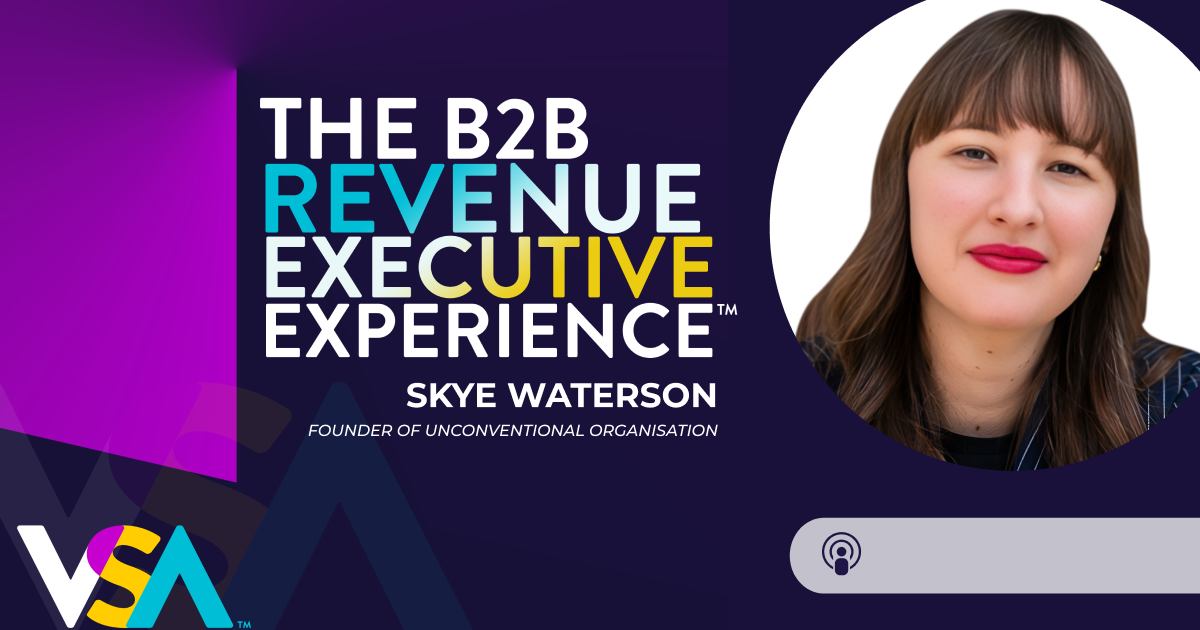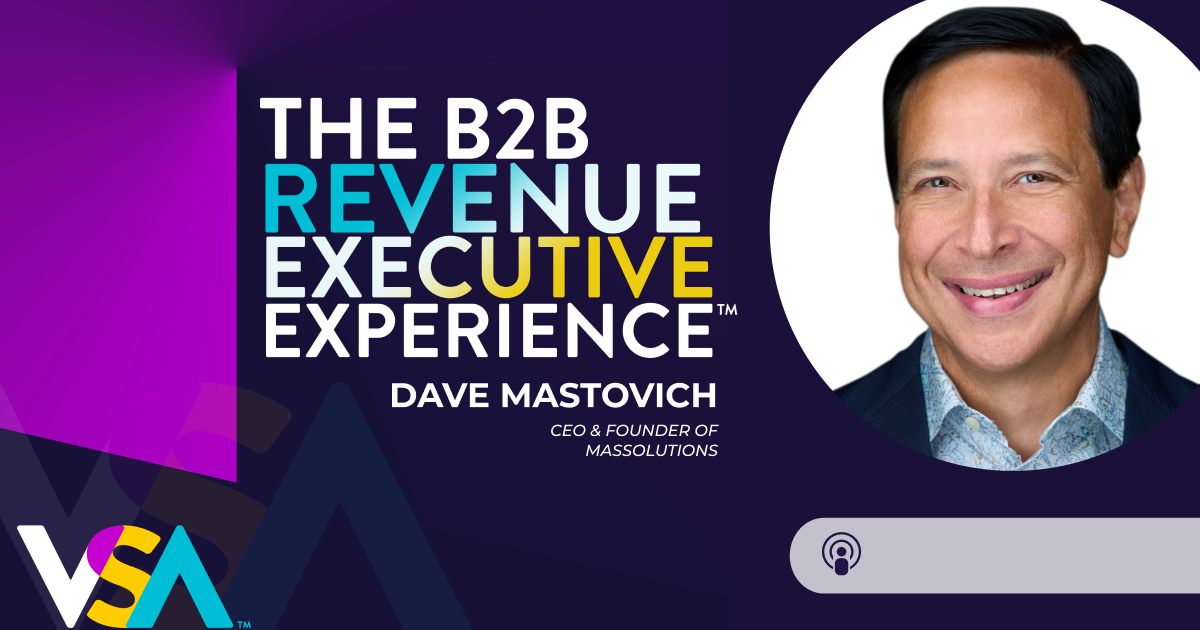Results-Based Relationships

Founders and CEOs often expect immediate results from new sales teams and employees. But that isn’t always realistic, or sustainable. To find out why, we sat down with Jacob Baadsgaard, CEO of Disruptive Advertising, a team-enabled agency that uses analytics and data to help clients grow their businesses, leveraging platforms like Google and Facebook.
Transitioning From Founder-Based Selling
Founders often have the mentality that they need to stay as involved as possible for as long as possible in every aspect of the business, including sales. After experiencing tremendous initial revenue growth, Jacob realized that he needed to offload some of his sales responsibilities. He hired some “bigger guns,” salespeople with more experience, and tried to just hand it off to them. “What happened was they didn’t understand the business,” Jacob said. “They had good sales skills, but because they came at a high cost the expectations (were greater).”
After a few negative experiences, Jacob began to question how he was going to get past founder-based selling, or accept that it was going to become part of his lifestyle. “There was this persistent kid who kept bugging me for a sales job,” Jacob said. “Because he had a friend who worked at Disruptive Advertising.”
Jacob knew he wanted to get to the point where sales was less of a responsibility. So he tried tried a different approach this time. He brought on a young sales team – but instead of handing them the keys, he showed them how to drive. “Taking that approach and giving them that time and experience to just work with me, see how I do it, actually ended up paying off big time dividends for us,” Jacob said.

Ensuring a Scalable Foundation
Jacob admits that trying to tackle everything as a founder isn’t the best approach. Which is why he used a sales coach to help him through scaling his business. “What I and a lot of founders (are) is called unconsciously competent,” Jacob said. “We just kind of know and say the right things, which is why we’re in business with the product or service that we’re bringing to the table.”
“We (need to) go from being unconscious about it to conscience and intentional about it, to make it a repeatable, scalable approach,” Jacob said.

Investing in Employees
Many founders have the expectation that new employees will bring immediate results. According to Jacob, that thinking doesn’t work. Instead, founders and executives should be patient and realize that they need to make an investment long-term. Jacob notes that it took quite a while for his team to get to the level he was at. “They were contributing in a meaningful way in six to eight months, but they weren’t performing at a top level independently until about 18 months,” Jacob said.
Part of employee investment is compensation and team contribution. Jacob says a big reason for starting his own business was scalable compensation.“I would get compensated at level X, and if I worked two, three, four times as hard and produced two, three, four times as much, I wasn’t getting compensated that way.”
Jacob has taken a different approach to his organization. “The sales teams always have very aggressive (incentives). Why don’t we do this for all roles in the company,” Jacob said. For every role his the company, Jacob has structured compensation in relation to financial contribution to the organization and created plans that don’t penalize top performers.
“Don’t penalize top performers. Take the time to understand the financial impact to the business and back into that,” Jacob said.

What is Most Effective When Someone is Trying to Sell You?
We like to ask our podcast guests this question. Here’s how Jacob answered:
“Well, I can’t remember a time I answered a phone call from a number I didn’t recognize. Emails – I already get bombarded with so many that I am rarely reading those. But, I’ll get hit up occasionally with a text message, with a concise message about something and I read it and I’ve responded to some of those.”
Acceleration Insight
In every episode of the B2B Revenue Executive Experience, we try to pull one nugget of wisdom from our guests that they would impart on a sales professional. Here’s this one:
“There is such a thing as bad revenue. And wasting one’s time on chasing down the deal that isn’t the right fit for the software or service and pushing that revenue through – it never pays off in the long run because it pulls time away from selling the clients and customers that you really should be focused on.”
This post is based on a podcast interview with Jacob Baadsgaard, CEO of Disruptive Advertising. To hear this episode, and many more like it, you can subscribe to the B2B Revenue Executive Experience.
If you don’t use iTunes, you can listen to every episode here.
Explore More









